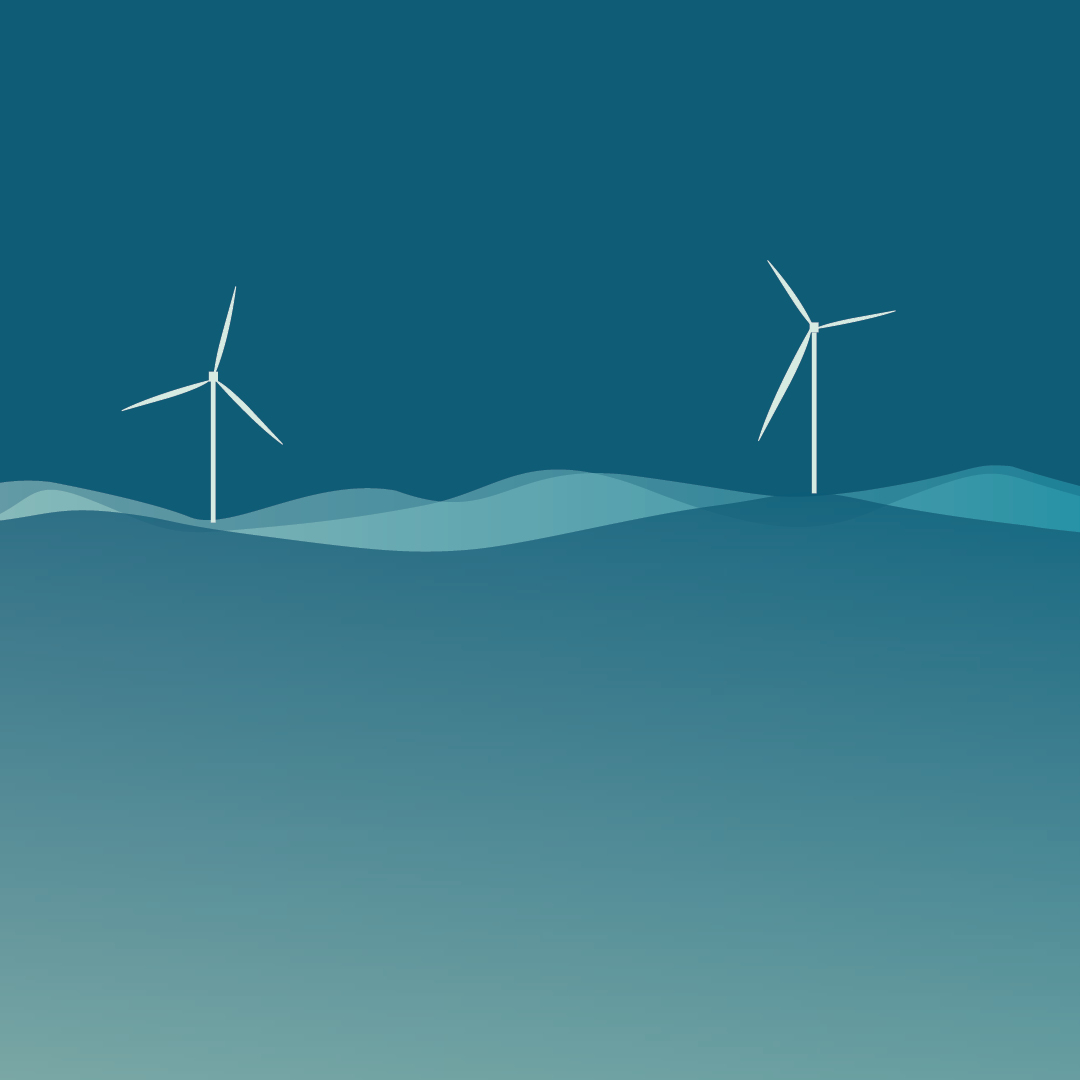Ørsted is a world leader in offshore wind energy, and as part of their business, they work to find integrated solutions and support projects that can improve marine biodiversity. One such project is ReCod – release of small cod in the Baltic Sea, which is being carried out by BalticWaters and Uppsala University.
– Research from the University of Gothenburg shows that offshore wind farms can provide a protected environment for fish to feed and reproduce. We see that our work to improve the situation for several fish populations in the Baltic Sea can be strengthened by working with Ørsted, says Konrad Stralka, CEO of BalticWaters.
Codlarvae have a naturally high mortality rate, and artificial reefs, such as water-based wind farms, can provide a safe haven for the larvae during their early life.
As a first step, Ørsted will contribute to the financing of the release of cod larvae in 2023, thus supporting the first stage of the ReCod project.
– Through the ReCod project, we can investigate how effective the release of cod larvae is and whether it can be implemented on a larger scale. Then this collaboration could prove to have a significant positive impact on the biodiversity of the Baltic Sea, says Sebastian Hald Buhl, Country Manager for Ørsted in Sweden.
Read more about the collaboration in Sydsvenskan here or read Ørsted’s press release. Ørsted enters cooperation with BalticWaters to strengthen cod stocks in the Baltic Sea here.

About ReCod
The project is carried out at the research station Ar on Gotland – in the middle of the Baltic Sea. The goal of ReCod is to conduct trials with releases of 4-6 day old cod larvae at a few locations along the east coast where we examine whether the larvae survive and manage to establish themselves. If the experiments are successful, there is the possibility of re-establishing cod in the Baltic Sea in more places, which increases the chances of preserving and protecting the unique eastern stock. ReCod is implemented and funded by BalticWaters and Uppsala University. In addition, a number of partners are contributing to the project in various ways: Ørsted, Leader Gute, Region Gotland, the Swedish University of Agricultural Sciences and the Ulla and Curt Nicolin Foundation. In total, just over SEK 50 million is being invested in the project.

